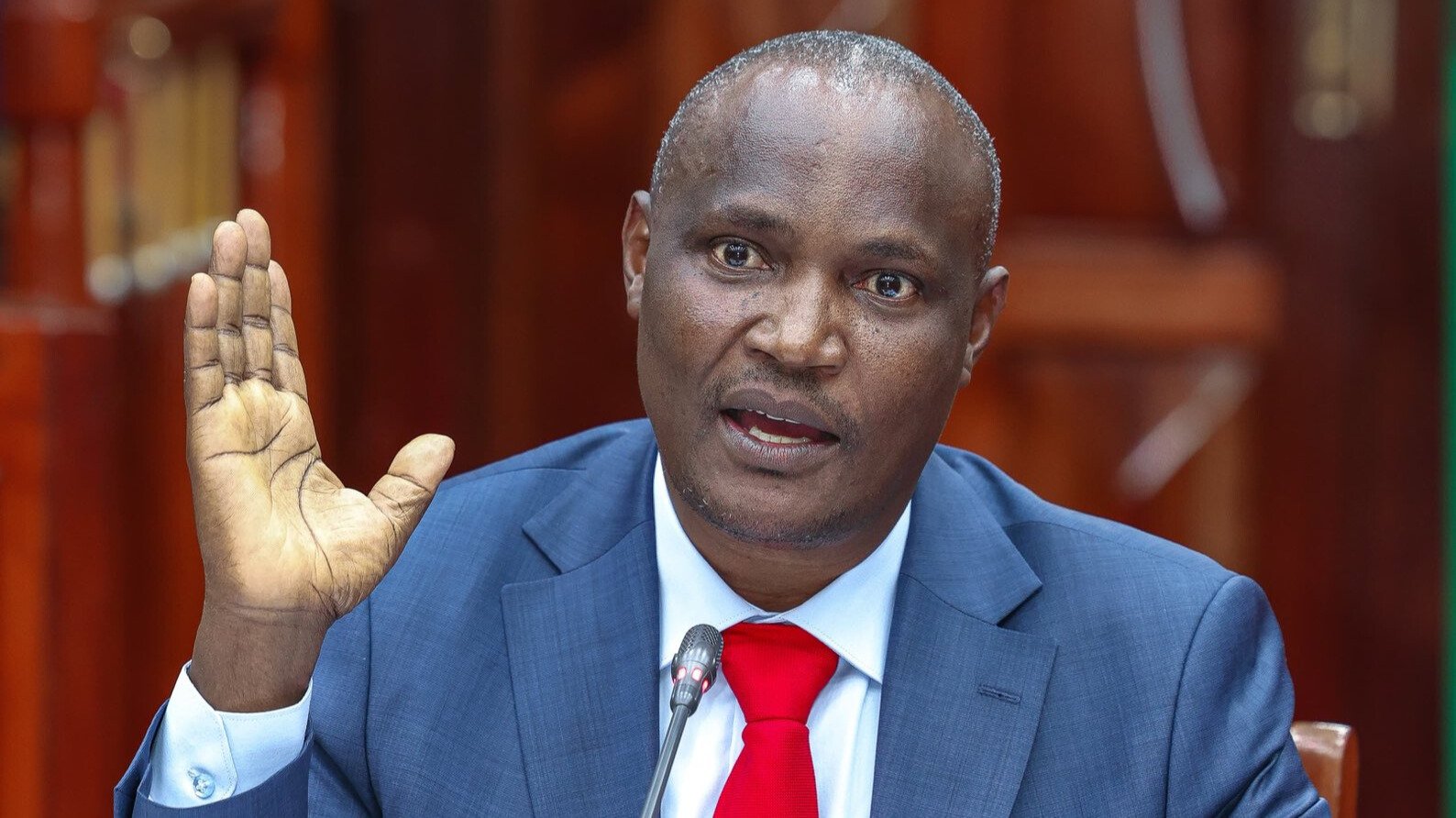NAIROBI, Kenya — The Kenyan government has publicly acknowledged its inability to fully fund free education in public primary and secondary schools, citing an unsustainable financial burden.
Treasury Cabinet Secretary John Mbadi announced a reduction in capitation funding, a move that could force parents to shoulder a greater portion of their children’s education expenses.
Appearing before the National Assembly Committee on Education on Thursday, CS Mbadi confirmed that the government cannot sustain the full capitation of Ksh 22,000 per secondary school student, managing to disburse only Ksh 16,600.
This development comes at a time when the education sector is already grappling with significant controversies, including scandals involving “ghost schools” and unpaid debts.
“If you look at the total budget for the year and divide it by the number of total students, you will see that instead of Ksh 22,000, we are funding about Ksh 16,000. And so we release 50%, 30%, then 20%. As to whether it is enough, it is not,” stated CS Mbadi.
This revelation signals that parents will now likely bear a larger financial responsibility for their children’s schooling, a prospect that has sparked considerable concern among Members of Parliament (MPs).
MPs are now demanding greater transparency and accountability from both the Education and Treasury ministries.
The admission follows closely on the heels of a recent Auditor General’s report, which revealed that public funds were disbursed to non-existent schools last year, placing Education Cabinet Secretary Migos Ogamba under scrutiny.
Luanda MP Dick Maungu voiced his concern, stating, “Ghost schools have received money that wasn’t approved by this committee.” Teso South MP Mary Emasse added, “We need a response on the ghost schools. We have serious concerns with what has been presented.” Igembe North MP Julius Taitumu also questioned the ministry’s oversight, remarking, “You have directors in the ministry—how can ghost schools just get money just like that?”
Also Read: A new report shows 7.4% of Kenyan children start Grade 1 without early childhood education
In response to the accusations, CS Ogamba asserted, “If money went to schools that do not exist, that is a criminal offence. Nobody can defend that. If it happened, the matter will be handed over to the DCI.”
The education committee also expressed skepticism regarding the effectiveness of the new Kenya Education Management Information System (KEMIS), suggesting that numerous students remain unregistered, consequently missing out on essential capitation funds.
“Many students are not receiving capitation according to actual enrollment because of KEMIS. And TVETs alone are carrying a Ksh 12.5 billion,” noted Baringo North MP, Joseph Makilap. CS Ogamba acknowledged the issue, stating, “The ministry is currently developing the system to ensure efficiency.”
Even as the stability of capitation remains uncertain and parents anticipate increased costs, the Ministry of Education has announced plans to employ up to 24,000 intern teachers in the current financial year.

